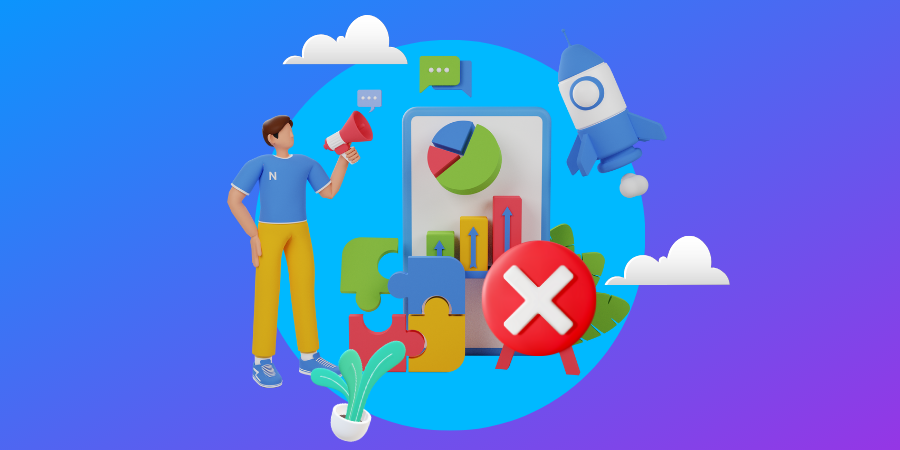
Understanding Your Target Audience: The Foundation of Effective Marketing
Before diving into any marketing strategy, you need a crystal-clear understanding of your ideal customer. Who are they? What are their demographics, interests, and pain points? What motivates them to buy? Creating detailed buyer personas can be invaluable. Think beyond basic demographics; consider their online behavior, preferred social media platforms, and the language they use. The more you know your audience, the better you can tailor your messaging and choose the right channels to reach them.
Leveraging the Power of SEO: Organic Reach for Your Shopify Store
Search Engine Optimization (SEO) is crucial for driving organic traffic to your Shopify store. This means optimizing your website’s content and structure to rank higher in search engine results pages (SERPs). Keyword research is key – identify the terms your target audience uses to search for products like yours. Then, incorporate those keywords naturally into your product descriptions, blog posts, and website copy. Don’t forget about on-page SEO elements like meta descriptions and image alt text. Building high-quality, informative content that answers your customers’ questions will also help improve your SEO rankings.
Harnessing the Potential of Social Media Marketing
Social media offers a powerful way to connect with your target audience and build brand awareness. Choose the platforms where your ideal customers are most active. Instagram is visually driven, ideal for showcasing your products. Facebook offers detailed targeting options for reaching specific demographics. Twitter is great for quick updates and engaging in conversations. Don’t just post product photos; share engaging content, run contests, and interact with your followers. Consider using paid social media advertising to reach a wider audience.
Email Marketing: Nurturing Relationships and Driving Sales
Email marketing remains a highly effective tool for building relationships with customers and driving sales. Collect email addresses through signup forms on your website and offer incentives for subscribing. Segment your email list based on customer behavior and preferences to personalize your messages. Don’t bombard your subscribers with constant sales pitches; offer valuable content, such as exclusive discounts, styling tips, or behind-the-scenes glimpses into your business. Use email automation to streamline your workflow and send targeted messages at the right time.
Content Marketing: Establishing Your Expertise and Building Trust
Creating valuable content – blog posts, articles, videos, infographics – helps establish your brand as an expert in your industry and build trust with your audience. Focus on creating content that answers your customers’ questions and addresses their needs. This could be anything from product tutorials and style guides to informative articles about industry trends. Promote your content on social media and through email marketing to reach a wider audience. High-quality content can improve your SEO rankings and drive organic traffic to your Shopify store.
Paid Advertising: Reaching a Wider Audience Quickly
Paid advertising, such as Google Ads and social media advertising, can be a highly effective way to reach a wider audience quickly. With Google Ads, you can target specific keywords and demographics to ensure your ads are seen by the right people. Social media advertising offers similar targeting capabilities, allowing you to reach specific audiences based on their interests and behaviors. Experiment with different ad formats and targeting options to optimize your campaigns for maximum impact. Remember to track your results and adjust your strategy as needed.
Analyzing Your Results and Refining Your Strategy
Tracking your marketing efforts is essential for understanding what’s working and what’s not. Shopify offers built-in analytics, and you can also use third-party tools like Google Analytics to gain a more in-depth understanding of your website traffic and customer behavior. Regularly analyze your data to identify trends, measure the effectiveness of your campaigns, and refine your strategy accordingly. Don’t be afraid to experiment with different approaches and adapt your plan based on the results you see.
Influencer Marketing: Leverage the Power of Recommendation
Partnering with influencers in your niche can be a highly effective way to reach a new audience and build credibility. Identify influencers who align with your brand values and have a strong engagement with their followers. Collaborate on sponsored posts, giveaways, or other creative campaigns. Choose influencers who genuinely resonate with your target audience and whose values align with your brand. Authenticity is key to a successful influencer marketing campaign.
Customer Reviews and Testimonials: Building Trust and Social Proof
Positive customer reviews and testimonials are invaluable for building trust and social proof. Encourage satisfied customers to leave reviews on your website and on relevant platforms like Google My Business and Yelp. Showcase positive reviews prominently on your website and in your marketing materials. Genuine customer feedback can significantly impact purchasing decisions and help to build a strong reputation for your brand.
Utilizing Shopify’s Built-in Marketing Tools
Shopify offers a range of built-in marketing tools to help you promote your store. Take advantage of these resources to streamline your marketing efforts. Familiarize yourself with Shopify’s features and integrate them into your overall marketing strategy for improved efficiency and results. Read more about shopify digital marketing







